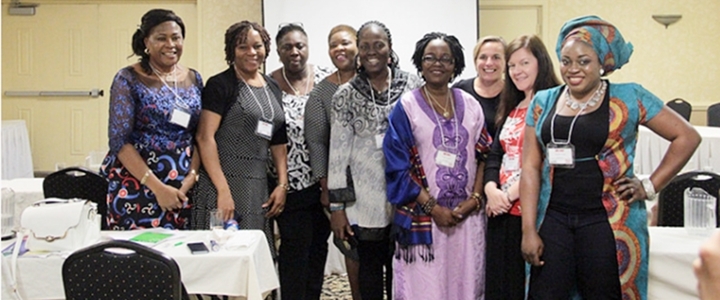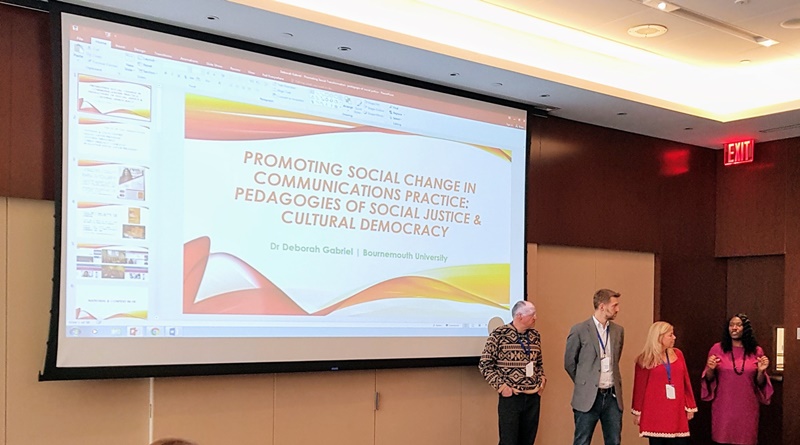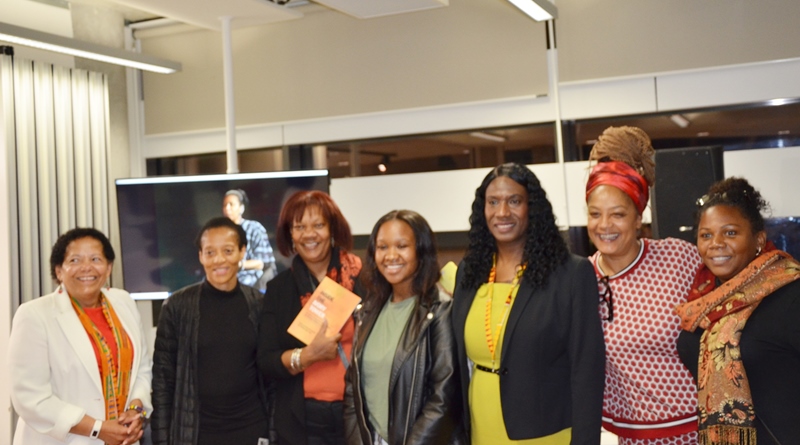In July 2016 I presented at the 3rd International Conference on Advances in Women’s Studies, in Buffalo, New York State.
It was my first time at a Women’s Studies conference. My research focus is primarily media and communication, but I am also researching race in higher education and one of the approaches I adopt is Black feminism.
I recently completed a book with Professor Shirley Anne Tate, which is a collection of autoethnographies by women of colour on our raced and gendered experiences in academia. This was the focus of my presentation: on how the network through which the book originated: Black Sister Network promotes women’s self-empowerment and leadership.
I had been eagerly anticipating the conference, where I had been invited to chair a session on Women’s Health. The quality of the presentations and depth of research by fellow academics was truly impressive, but the sisterhood I experienced at the conference from African women across the continent was especially rewarding.
The morning after I arrived in Buffalo, which was the first day of the conference, I enjoyed an impromptu breakfast with Professor Nompumelelo Zondi, from the University of Zululand in South Africa, accompanied by her sister, Mthokozisi. When I saw them come into the restaurant I introduced myself and invited them to join me. By the time breakfast was concluded I felt I had known them for years.
Many of the presentations left an impression on me, (those that I was able to attend – some I missed because of the parallel sessions). One was a presentation by Deborah Ajumobi, a bright young PhD student from the University of Cape Town. She is researching the use of ICTs in formal women business networks in Africa. I had the opportunity to speak with her and inform her what an important topic this is and shared my own experience of using ICTs within Black British Academics.
Another excellent presentation was delivered by Dr Martina Dickson, from Emirates College of Advanced Education. She is originally from Scotland and has been working in the UAE for the past two years. She undertook a pilot study on Emirati student mothers, who only get two week’s maternity leave and then are back on campus grafting for their degrees.
Denise Escarieses from the University of Philippines, delivered the final presentation of the conference on her study on Filipino single elderly women which touched on the marginalisation, isolation and ridicule they are often subjected to, because of their childless status.
I should add that there were two male academics from Jigawa State College of Education, in Nigeria: Dr Kabiru Musa, Chief Lecturer in Physical and Health Education and Umar Muhammad; the former presenting their joint paper on the rape, death and displacement of internally displaced women in north eastern Nigeria due to the Boko Haram insurgency. It was a powerful and thought-provoking presentation and demonstrates that men are interested in the wellbeing and equality of women too.
On day two of the conference, a dedicated networking day, around 17 of us went on a cruise on Lake Eeerie, which was part of the conference provision. Later many of us travelled to the Niagara Falls where we had an exciting experience as the boat travelled close to the waterfall.
A few of us enjoyed drinks and a meal in the evening at the hotel where we reflected on the conference and excursions. Overall, the whole trip was an uplifting experience that helped reinforce my sense of belonging within a global academic community.
Main photo image taken by Deborah Gabriel in Buffalo, New York State, USA in 2016. © Deborah Gabriel




